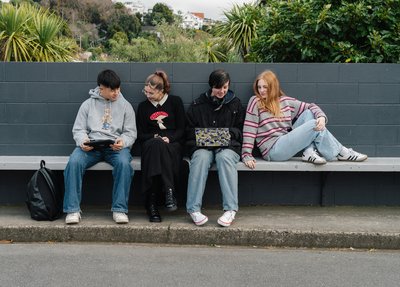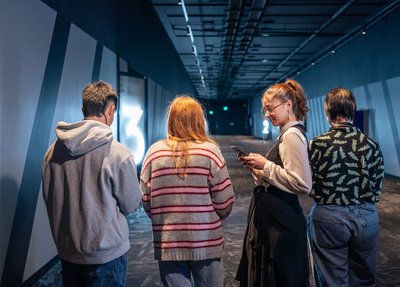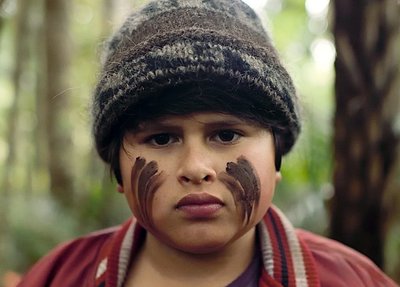Inaccurate representations of teens in films
Caitlin on Aug. 1, 2022
‘Why are teenagers always shown as if they don’t care about anything?” – Youth Advisory Panel member
As parents, caregivers and youth advocates we are often cautious about what our rangatahi watch – especially when we aren’t around. We can worry that they may be upset by tough content and themes and that they might struggle with what they’ve seen. Sometimes we’re right to worry, but sometimes content is so out of touch with young people’s lives that the impact is diluted.
At the tari whenever a film or series aimed at rangatahi is released we like to check in with our Youth Advisory Panel and see what they have to say. What we find is that they often point out content isn’t relatable due to the inaccurate representations of teenagers.
Content aimed at young people often includes topics like drugs, alcohol, sex, emotions and bullying. And this make’s sense as these are things that you’re commonly exposed to while growing up. However, instead of being relatable this content can sometimes be the exact opposite and actually alienates young people.
Rangatahi are the first to call b*llshit on adult’s being fake, and this is the same for films and series. It’s obvious to young people when filmmakers don’t consult with young people and make content for them and not with them.
In a recent film we classified with members of the Youth Advisory Panel it dealt with themes of suicide, eating-disorders and bullying. On paper that sounds pretty problematic and that it needs to be handled with care. Yet, members found the portrayal of teenagers fake and said they resembled the stereotypes adults put on young people. They said things like “it was a dumb representation,” and “it tried to bring up messages and it failed.”
It’s great to talk with rangatahi about what they are watching often to help them look after themselves. Giving them a chance to call out the BS and say what resonates with them and what doesn’t is a way into this kōrerō.
Unsure on how to have the conversation? Start by asking them questions like:
- Who are your favourite and least favourite characters? Why?
- Do you think the movie or show is realistic?
- Do you think the show reinforced stereotypes? How?
When you’re watching content with your whānau it’s really good to let you tamariki talk about what they think first. You will definitely have thoughts and opinions but if you come in hard and heavy on what you think they are less likely to share their own thoughts.
However, what happens when the content is relatable and is hard-hitting?
Your concern is in the right place and we need to empower our rangatahi to make good decision about what they watch, see and play. Across streaming services, social media platforms and the wider internet young people can come across really challenging content that can make them feel not great. And because of phones, laptops and other devices, often they see that content without you around. The more you watch together and talk with your rangatahi about what they are watching, the more comfortable they’ll be talking about sensitive, challenging or distressing content. There could be a time where you hear something is trending online or your young person comes to you for advice about something they have seen.
The key things to remember here are:
- Never get angry or take their device away if they come to you with concerns or worries, as they may feel like they are being punished for talking to you.
- Always take it seriously if your teen is upset by something they’ve seen. Even when the content is fictional – the impact can be real.
- Young people can’t always control what they see – but they can learn to manage how they respond to distressing content.
Don’t stress if you feel like you fail in the moment. If you let your emotions get the better of you (because you are human and the aroha you have for your pēpi is beautiful) apologise and start again. They will take on what you’re saying even if it seems like they aren’t listening, and there is always tomorrow where you can try again. You got this!!!
#Kōrerotahi
#Mātakitahi
Further reading
Talking with young people about what they’re watching
Brain development – how it works, why it matters
How we classify content in New Zealand
Help information
Negative or sensitive content can make us feel not great. It is okay to not be okay. Take a break and talk to your friends or whānau.
Don’t know who to talk to? Free call or text 1737 for more support.
Subscribe to our blog
Stay up to date with the Classification Office blog.


